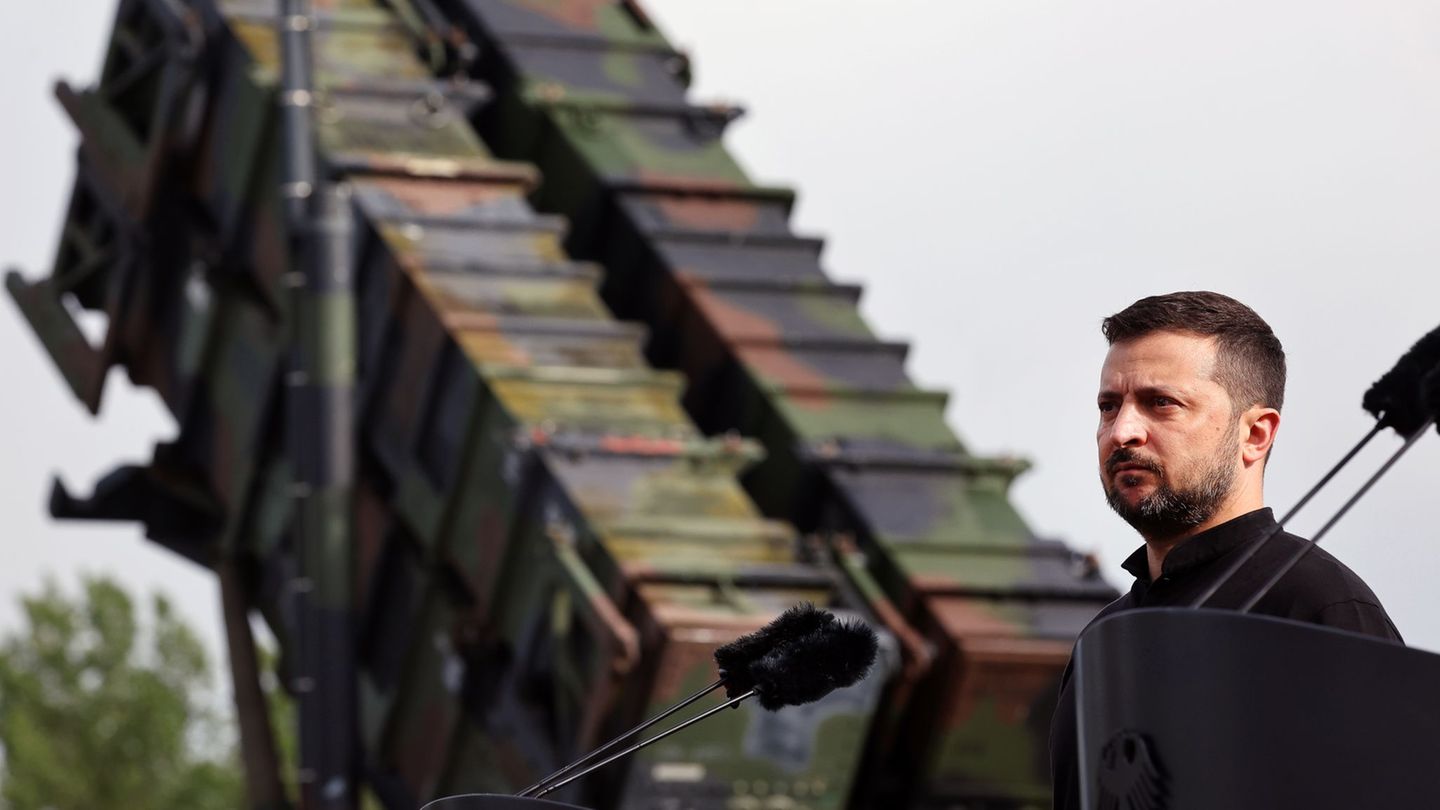The current Brucknerhaus team likes to go on voyages of discovery and unjustly brings to light forgotten things – with the intention of expanding the current repertoire. But you don’t always go home happy after a concert like this. That was also the case at the chamber music concert with the Fauré Quartet on Friday in the Brucknerhaus.
First of all: If one of the world’s leading ensembles hadn’t been on stage and had put so much energy into the gigantic works together with Matthias Schorn (principal clarinetist of the Vienna Philharmonic), the evening would not only have been long, but also lengthy.
In the Bruckner successor, the composer Franz Schmidt (1874-1939) is one of the great but also controversial composers. The clarinet quintet is his last completed multi-movement work, which has to contend with two aspects: On the one hand, it is dedicated to Paul Wittgenstein, the pianist who lost his right arm in World War I, but who certainly demanded his role, which is not the case with such a large chamber music work in terms of sound meets. Despite the virtuoso use of the left hand, the sonority of the grand piano is missing here. On the other hand, the work, which lasts more than an hour, has lengths that are not as heavenly as those in Schubert’s chamber music. Despite the great interpretation, it all becomes difficult to digest. Especially since the first part of George Enescu’s first piano quartet op. 16, which is just under 45 minutes long, also demands a lot from musicians and audience.
Enescu says that “polyphony is the essential principle” of his musical language. This is exciting to analyze, also interesting to work through, but in the abundance of ideas it shows the problem of compression in late romantic music: Schönberg, who was born in the same year as Franz Schmidt, tried this radically with his step into atonality and thus to solve in the formal scarcity.
In any case, one must be grateful to the famous musicians of the Fauré Quartet and to Matthias Schorn in the case of Schmidt for having played these powerful works as lively as possible. However, it is doubtful whether these will become common repertoire.
Source: Nachrichten




